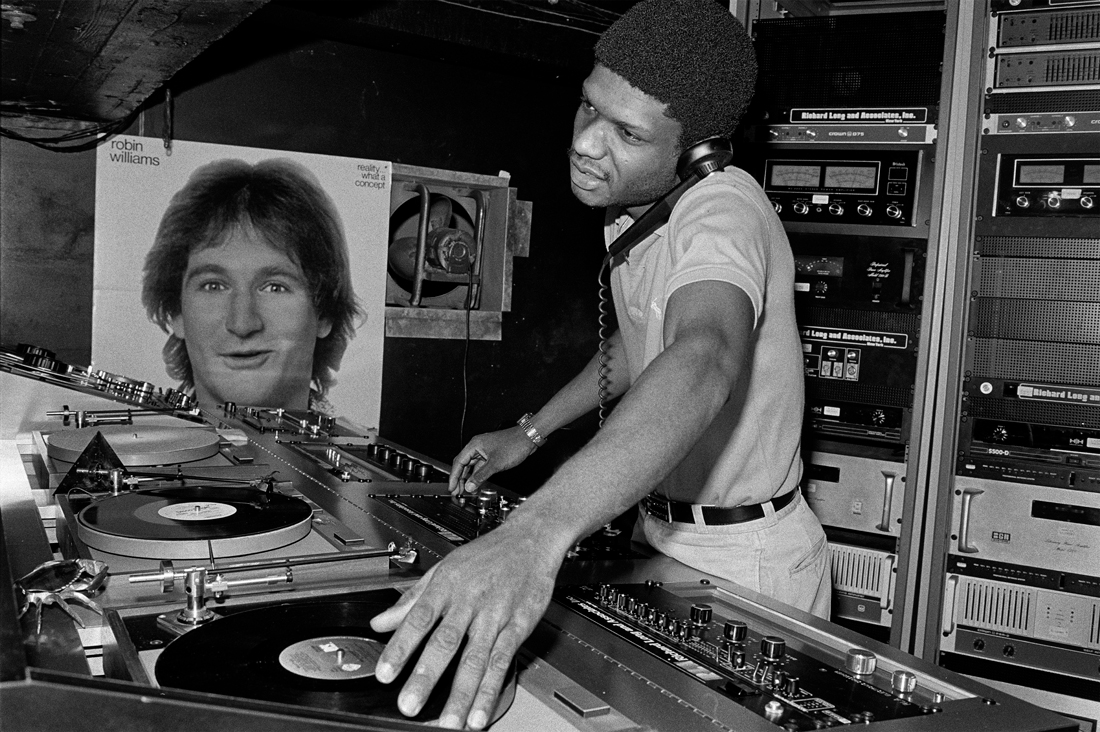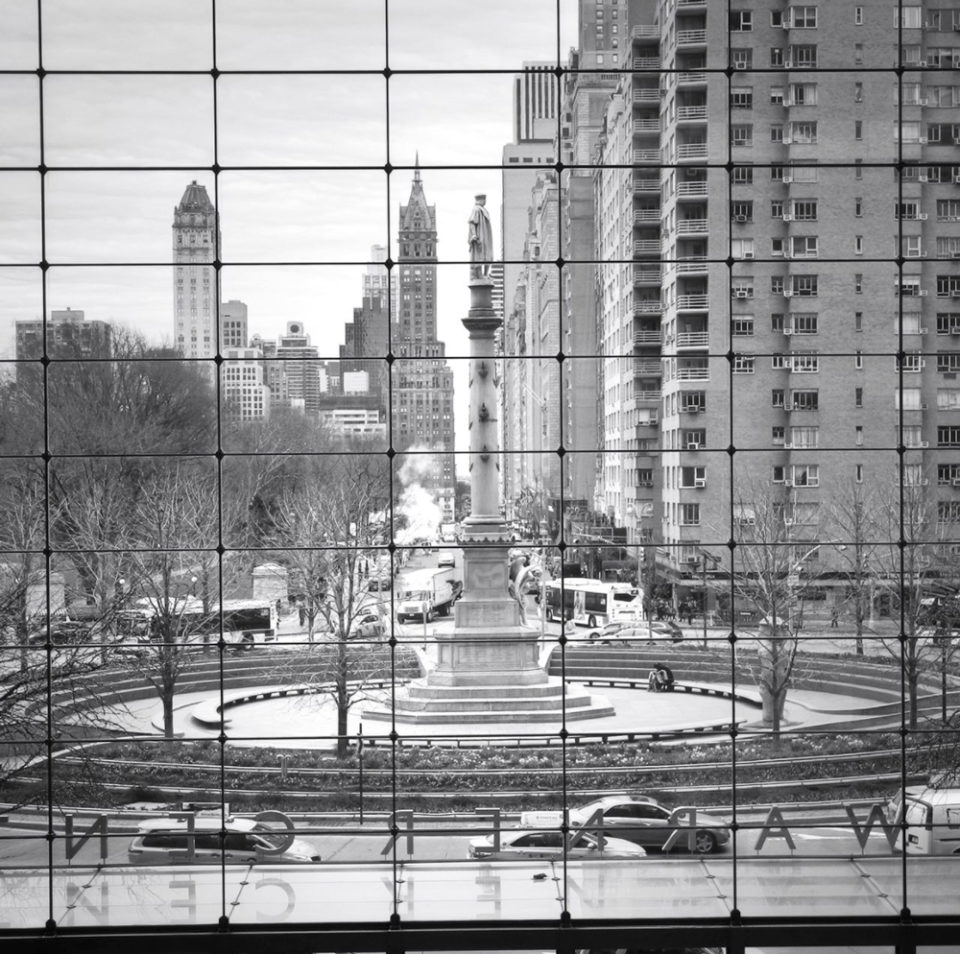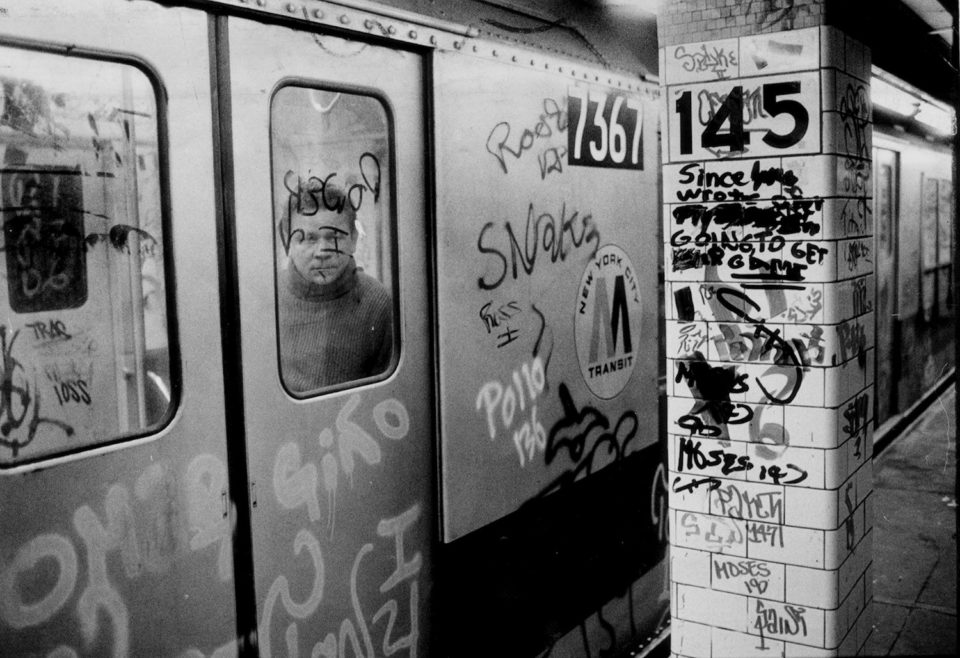I met my girlfriend on the circular dance floor of a faded disco. By 1993, the California Club had seen better days but I doubt if it had ever heard better music—the DJ, the legendary Richard Vasquez from the club Choice. Sahara is African American and I’m an Aussie of European descent. Neither of us gave a thought to the city’s Cabaret Law in the wee hours in Times Square, aka ‘the crossroads of the world’. Nobody else did either. Dancing was something you could do pretty much anywhere, anytime in the city that never sleeps.
New York’s Cabaret Law was enacted on December 7, 1926, a wet blanket tossed on the hot jazz scene during prohibition. In places serving food and beverages it restricted musical instruments – strings, good; drums and brass, bad! – and banned dancing if the joint didn’t obtain a license. It’s generally understood the bill was designed to control black clubs and hinder miscegenation.
This anachronistic, racist ordinance mutated over time. In the middle of last century, workers both behind the bar and onstage were forced to carry a “cabaret card” in New York, a tool used to blacklist troublemakers and drug users like Thelonious Monk and Billie Holiday. Eventually, following the civil rights movement, the Cabaret Law fell into disrepute itself, and gathered dust like a relic in a museum basement.
Until, just a few months after I met my girlfriend, Rudy Giuliani was elected mayor.
The former prosecutor surfaced arcane statutes like a possessed archaeologist and enforced them with a zeal that would otherwise only be seen if Raiders of the Lost Ark had an alternative ending and the Nazis won. Night after night, venues were raided by MARCH (the mayor’s Multi-Agency Response to Community Hotspots) using the Cabaret Law as a pretext. For anyone who believed in their right to pursue happiness, the Giuliani years were hell.
Mike Bloomberg lacked his predecessor’s malicious intent but left nightlife to the heavy hand of the market, favouring monied entrepreneurs able to overcome the Cabaret Law’s onerous stipulations and offer flush patrons “models and bottles” at a premium. Fun-loving but financially strapped staples of nocturnal New York were squeezed. The Cabaret Law remained the weapon of choice, selectively applying pressure along lines of sexual orientation, race, and class.
It is not illegal to dance in New York. It’s unlawful to do so in a place that doesn’t have a Cabaret License and there are only 104 in a town with tens of thousands of restaurants and bars. Defining dancing is highly subjective. Recently, Rupert Noffs, the charming Aussie co-owner of the Lucky Bee restaurant, politely curbed the exuberance of my girlfriend and I while we were having a drink. He then hilariously instructed us how to move in a manner which “did not appear to be dancing”. (More than a shimmy, less than a shake.) It wasn’t easy but we managed until the next round kicked in.
Finally, after two decades of this idiocy, , the Cabaret Law was repealed on October 31st. The young council member, Rafael Espinal, who represents Bushwick and its adjacent neighbourhoods gathered all the needed Assembly votes and the mayor’s backing. As the sun sets on the old law, the city’s new Office of Nightlife will rise. Taking cues from similar initiatives in London, Berlin and Amsterdam we will get a ‘Night Mayor’ to liaise among establishments, communities, and bureaucracy.
It’s too early to know where our nightlife is headed. Even without the Cabaret Law, zoning restrictions are seldom favourable to venues. But for anyone who believes it’s your right to dance with whomever you want, however you want and maybe fall in love, it’s a step in the right direction. Let the beat go on.





